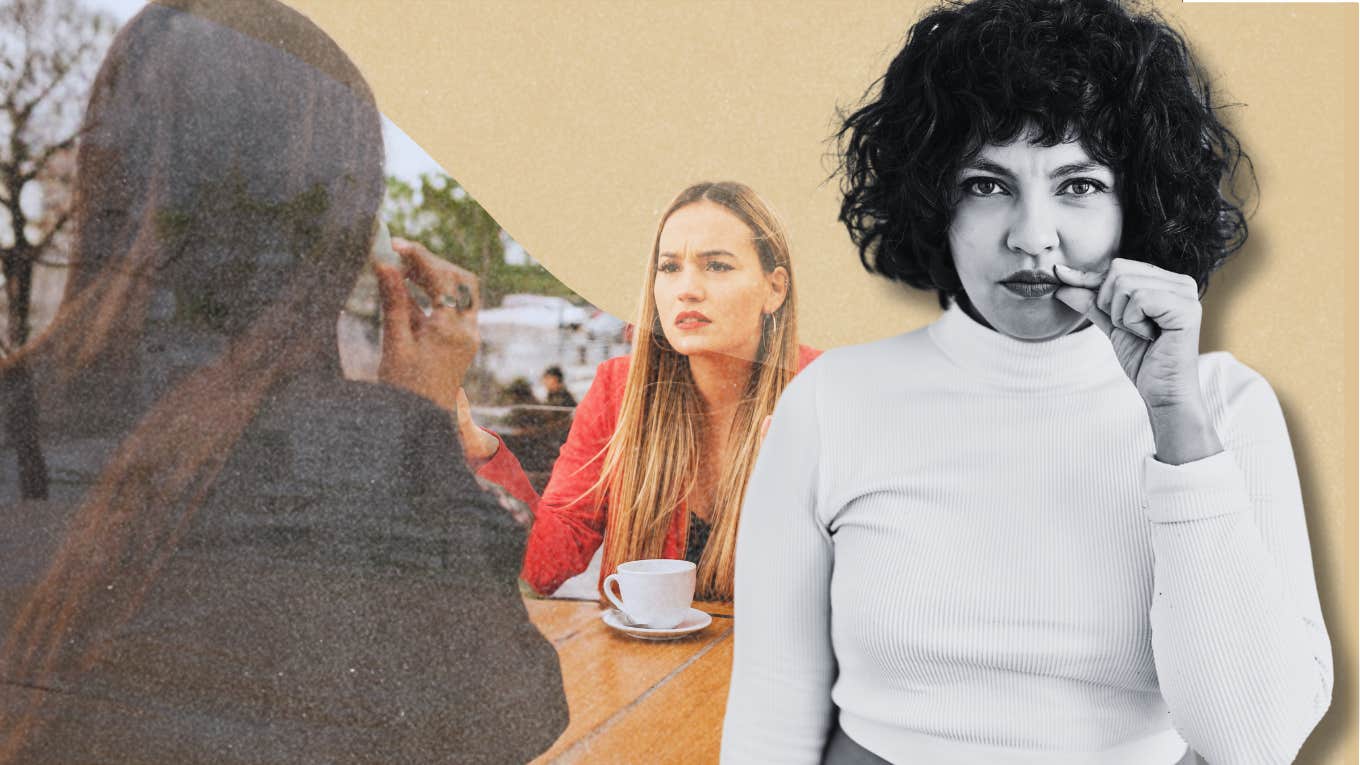5 Things You Should Never Say To A Parent Whose Child Is Battling Addiction
Certain words do more harm than good.
 Nicolas Menijes, KrakenImages.com | Canva
Nicolas Menijes, KrakenImages.com | Canva Your friend or loved one's child is struggling with addiction. Perhaps they are in treatment, perhaps they are earlier in the process. You want to help your friend through this crisis with their child, but you don't know what to say.
It's a touchy subject. You wonder if you should mention it, but don't know what to say or how to bring it up without prying or offending. How your friend responds often depends on the nature of your friendship, but when the time comes to talk about it.
Five things that never help someone whose child is dealing with addiction
1. "You must feel like such a failure. I can't imagine"
Ouch. Please don't say that. I'm not sure what people are thinking when they toss out this callous comment. You might think it's an attempt to express empathy, identify with how the other person feels, or try to relate. It's not.
Regardless of what you mean, what your friend hears is, "I think you failed as a parent and I can't relate to that." If your friend didn't feel like a failure before, you have just planted the seed that perhaps they should. Believe me, saying this will not help.
2. "I bet you wish you could do it over again"
Ugh. This will leave your friend wondering if you think they did something wrong in the past, which caused their child to go to treatment. The underlying implication here is that the fault lies with them and if they had a do-over, they could undo what they did wrong.
Certainly, parents of kids in treatment have enough guilt without a friend inadvertently substantiating that they should just feel that way.
3. "Don't worry, things will be back to normal in no time"
Honestly, things probably won't. If someone is in treatment there isn't a quick fix, and your friend and their family will likely feel the impact for quite some time. Saying this will show your friend that you either don't understand how severe the problem is, or you just don't get it.
Neither is helpful.
 fizkes via Shutterstock
fizkes via Shutterstock
4. "You think you've got it bad? Wait until you hear this!"
Finding a bigger or worse horror story so that your friend won't feel so bad about their problems will only serve to invalidate how they feel.
Your friend will need to talk to you or someone else about their situation without being one-upped by someone else's supposedly worse problems.
5. "At least they didn't overdose or attempt suicide"
First of all, are you sure they didn't? Understand you may not know the whole story. Assume nothing.
Also, you're annoying your friend by telling them to look on the bright side of a difficult situation. Until they are ready to do that on their own, you need to allow your friend to feel however they feel, without implying it could be worse.
Now that you know what not to say when trying to figure out the tactful way to show your support, think about what you'd want friends to say to you if you had a child in treatment.
Leslie Ferris, ACC, ELI-MP, MBA is a life coach with multiple specialties, including working with families raising kids facing challenges.

